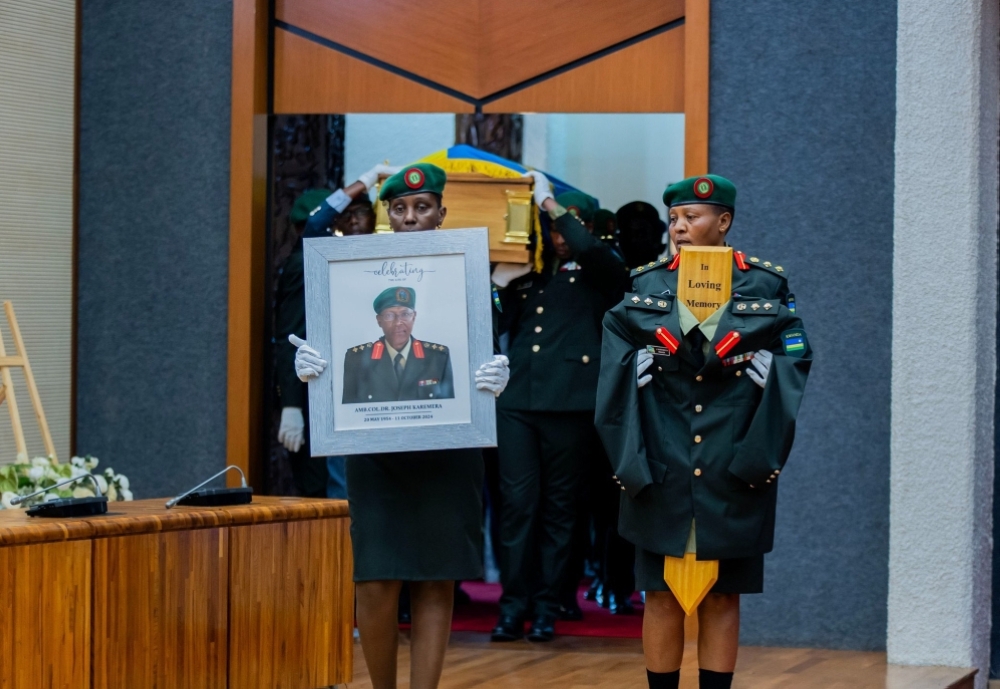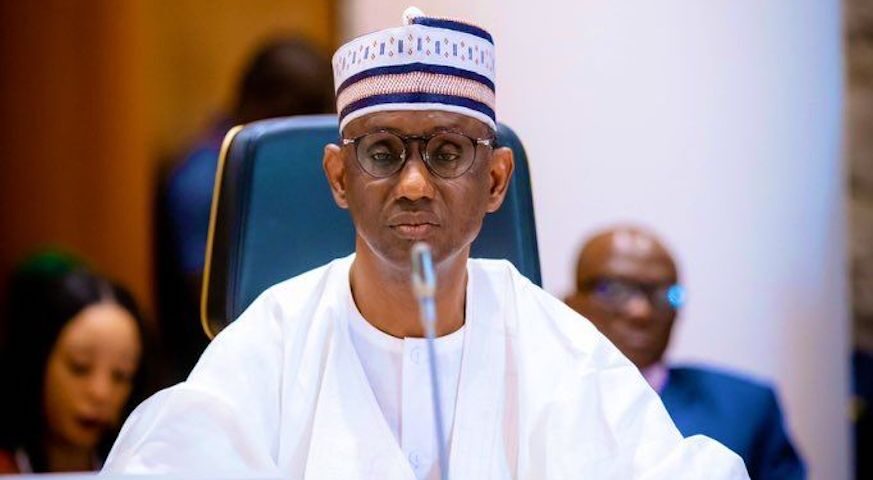
“Ending global poverty ...
demands that we prioritize investments in decent work, learning opportunities and social protection ...
It calls on us to fully implement the new Pact for the Future by supporting an SDG (Sustainable Development Goal) Stimulus and reforming the global financial architecture to help developing countries invest in their people. Eradicating poverty is an essential foundation for humane, dignified societies that leave no one behind.” United Nations Secretary-General António Guterres stressed this in his message on International Day for the Eradication of Poverty, commemorated every Oct.
17. In the Philippines, significant strides have been attained to reduce poverty, yet much remains to be done. Between 1985 and 2023, poverty rates fell significantly, thanks to high growth rates and structural transformation.
Government initiatives such as the Pantawid Pamilyang Pilipino Program (4Ps), which provides conditional cash transfers to poor households, have been instrumental in alleviating poverty and improving access to education and healthcare. But some of these gains were reversed when Covid-19 pandemic struck in 2020. This underscores the need for more resilient and inclusive economic policies.
The impact of the pandemic increased poverty rates to 18.1 percent in 2021, underscoring the vulnerability of the poorest households. By 2023, the poverty level fell to 15.
5 percent, or 2.45 million fewer Filipinos living in poverty. Credit this gain to the 4Ps, the Assistance to Individuals in Crisis Situation program of the Department of Social Welfare and Development, the Tulong Panghanapbuhay sa ating Disadvantaged/Displaced Workers (TUPAD) program of the Department of Labor and Employment, and other programs such as free college education, free health insurance, and the grant of direct cash subsidies.
To keep the gains from these poverty alleviation programs and further improve the lot of Filipinos, particularly those in the poverty threshold, the government must continue to prioritize and expand social protection programs. This includes increasing funding for education and healthcare, ensuring that all Filipinos have access to quality services regardless of their socio-economic status. Likewise, the government should focus on improving employment opportunities by creating more jobs, particularly in rural areas, and ensuring decent work conditions.
It should also enhance education through investing in both primary and tertiary education to equip the workforce with necessary skills to enable them to access more decent jobs. It is also crucial for the government to promote inclusive rural development, like supporting agricultural development and infrastructure projects to boost economies in the countryside. It must also strengthen social protection by expanding the current poverty alleviation programs and introducing new initiatives to support vulnerable populations.
The private sector plays a crucial role in poverty alleviation by driving economic growth and creating jobs. Businesses can contribute by promoting inclusive business models such as, but not limited to, developing products and services that cater to low-income communities, thereby creating economic opportunities. Every citizen can contribute by supporting local businesses through buying local products to boost the economy and create jobs; and raising awareness about poverty issues and advocating for policies that promote social justice and equality.
As we reflect on the annual observance of International Day for the Eradication of Poverty, let’s keep in mind that global effort is necessary to address the social issue. By prioritizing investments in decent work, learning opportunities, and social protection, we can create a more inclusive and equitable society. Let us all work together to ensure that no individual is left behind in the clutches of poverty.
.














